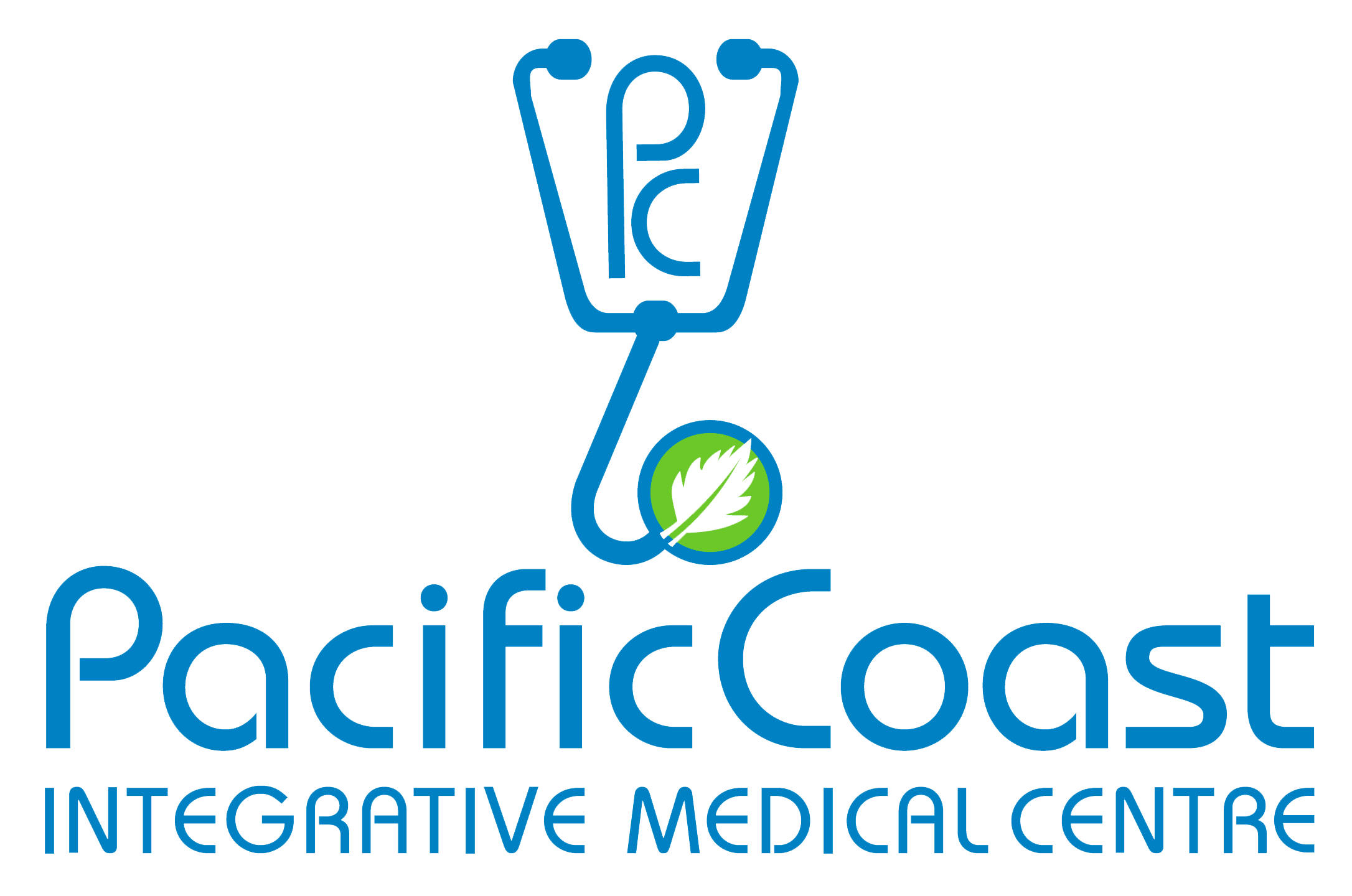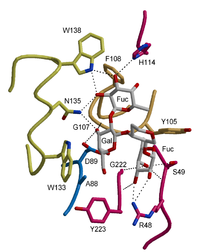What are Lectins?
Lectins are sugar-binding plant proteins that attach to cell membranes — may be a hidden source of weight gain and ill health, even in an otherwise healthy diet. In fact, since lectins are present in most plant foods, if you're eating a whole food diet yet find yourself still struggling with weight gain and/or stubborn health problems, lectins may well be a hidden culprit.
Many lectins are pro-inflammatory, immunotoxic, neurotoxic and cytotoxic. Certain lectins may also increase blood viscosity, interfere with gene expression and disrupt endocrine function.
The problem with recommending an altogether lectin-free diet is that this would eliminate most plant foods, which should ideally make up the bulk of your diet. Moreover, in small amounts, some lectins can be quite beneficial, so 100 percent avoidance is likely neither possible nor ideal. The key then becomes finding a happy medium where the worst lectins are avoided, and the effect of others are tempered through proper preparation and cooking.
Lectin Safe Food
Foods that are less likely to cause problems for most people.
Proteins:
- Grass‐fed and free‐range meats
- Beef
- Pork
- Turkey
- Chicken
- Boar
- Cornish Hen
- Quail
- Duck
- Goose
- Rabbits
- Lamb
- Sheep
- Bison
- Fresh sausages without nitrites, smoke, or ingredients in the not‐allowed list Organ meats – hearts, tongue, liver, kidney, skin, marrow
- Bone broth
- Gelatin and collage
- Fish wild caught only (not grain-fed)
- Salmon
- Fresh wild sardine
- Roe (fish eggs)
- Oyster
- Anchovies
- Trout
- Shrimp
- Mussels
- Protein powders – if tolerated
- Hemp Protein
- Pea protein
- Brown rice protein isolate
- Beef protein
- Cricket flour fats and oils
Fats:
- Ghee
- Coconut oil
- Lardons
- Lard
- Tallow
- Chicken Fat
- Bone Marrow
- Duck fat
- Olive oil
- Avocado
- Avocado oil
- MCT oil (too much can cause diarrhea)
- Coconut milk Carbohydrates Tubers (Pressure‐cooked)
Vegetables:
- Sweet potatoes – any color
- Rutabaga
- Jicama
- Daikon radish
- Radish
- Burdock root
- Cassava
- Yam
- Lotus root
- Turnip
- Celeriac
- Taro
- Romaine Lettuce
- Broccoli
- Cauliflower
- Kale
- Brussel sprouts
- Other cruciferous vegetables
- Sprouts of cruciferous vegetables, including broccoli, red clover, mustard seed Alfalfa and other sprouts
- Cucumbers
- Celery
- Beet greens
- Spinach
- Glucose/dextrose Vegetables (any non‐nightshade vegetables are allowed in moderation)
- Asparagus Spices and Herbs (Generally, non‐seed herbs that are leaves and roots are well-tolerated, but this is individual.)
- Garlic
- Oregano
- Basil
- Rosemary
- Sage
- Thyme
- Bay leaf
- Parsley
- Dill
- Chives
- Green onions
- Garlic
- Onions
- Ginger
- Cilantro
- Wasabi
- Dill
- Cinnamon
- Orange and lemon zest
- Turmeric
- Ginger
- Lavender
- Saffron
- Tarragon Condiments and others
- Sea salt
- Dulse
- Nori
Other Carbohydrates:
- Raw honey
- Hi‐Maize resistant starch
- Trehalose
- Carob
- Guar Gum
- Xanthan gum
- Sunflower lecithin
- Apple cider vinegar
- Coconut aminos
- Primal Kitchen mayo
- Baking soda (not baking powder)
- Stevia
- Erythritol
- Coconut manna
- Coconut
- Nutritional yeasts (without folate)
Lectin UnSafe Foods, Foods that are more likely to cause problems for most people.
Lectin-Rich Foods Best Avoided Entirely -
While it may be near-impossible to avoid all lectins, seeing how they're found in most plant foods, your first step would be to eliminate the worst offenders. If you have any kind of health problem in which lectins are a suspected contributor, it would be wise to eliminate the following entirely:
•Corn
•Corn-fed meats. This includes most meats sold in grocery stores. To avoid factory farmed, corn-fed meat, make sure the meat you buy is certified grass-fed by the American Grassfed Association.
•Casein A1 milk. Casein A2 is the normal protein in milk, present in sheep, goats, water buffalos and some Jersey cows' milk. Unfortunately, most cows today are casein A1 producers. Most store-bought milk will be A1, even if it's organic. The A1 protein is metabolized in your gut to make beta-casomorphin, which can attach to the beta cell of your pancreas and incite an autoimmune attack.
Many who believe they're lactose intolerant are actually just responding to the casein A1 in the milk. If you're going to drink milk, make it raw milk from organic, grass-fed casein A2-producing cows. Jersey cows may produce either A1 or A2 casein, so you'll need to confirm the type of milk produced with the farmer. Holsteins are A1 producers and should be avoided.
•Peanuts, cashews and unfermented soybean products. If you want to eat soy, make sure it's traditionally fermented.
High-Lectin Foods to Eat Sparingly
The following foods are also high in lectins, but at least here you have a choice: You can either avoid these foods or eat them sparingly, and when you do, make sure you prepare and cook them properly. Research demonstrates that by sprouting, fermenting, soaking and cooking high-lectin foods, lectin content is dramatically reduced, making them safe to eat for most people.
This group includes:
- Legumes (plant seeds in pods, such as peas and beans11)
- Grains, especially whole grains
- Nightshade fruits and vegetables (such as tomatoes, potatoes, eggplants, bell peppers and goji berries, just to name a few)
- Cucurbita (gourd) family fruits such as squash, pumpkin and zucchini
Among the legumes, some beans are also lower in lectins than others, making them a safer bet. Among the moderate-to-low lectin varieties are rice beans, cowpeas, broad beans, lupin seeds, Great Northern beans and Pinto III cultivars. Among the lowest, and therefore the safest, are Polish pea varieties, cooked and raw green beans and lentils.
High-to-moderate varieties best avoided if you're susceptible to lectins are white kidney beans and soybeans. Red kidney beans are among the highest of all. For comparison, white kidney beans contain one-third of the hemagglutinating units of toxic phytohemagglutinin found in raw red kidney beans, and broad beans contain just 5 to 10 percent of the lectins found in red kidney beans.
** With input from mercola.com and selfhacked.com



